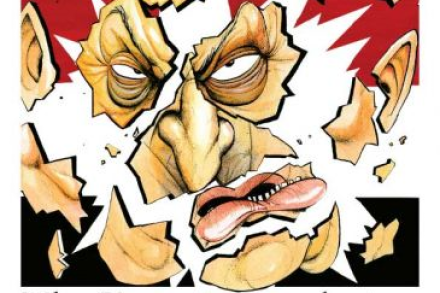Debunking the Antarctica myths
In January 2009, Nature magazine ran the a cover story (pictured) conveying dramatic news about Antarctica: that most of it had warmed significantly over the last half-century. For years, the data from this frozen continent – with 90 percent of the world’s ice mass – had stubbornly refused to corroborate the global warming narrative. So the study, led by Eric Steig of the University of Washington, was treated as a bit of a scoop. It reverberated around the world. Gavin Schmidt, from the RealClimate blog, declared that Antarctica had silenced the sceptics. Mission, it seemed, was accomplished: Antarctica was no longer an embarrassment to the global warming narrative. He spoke







